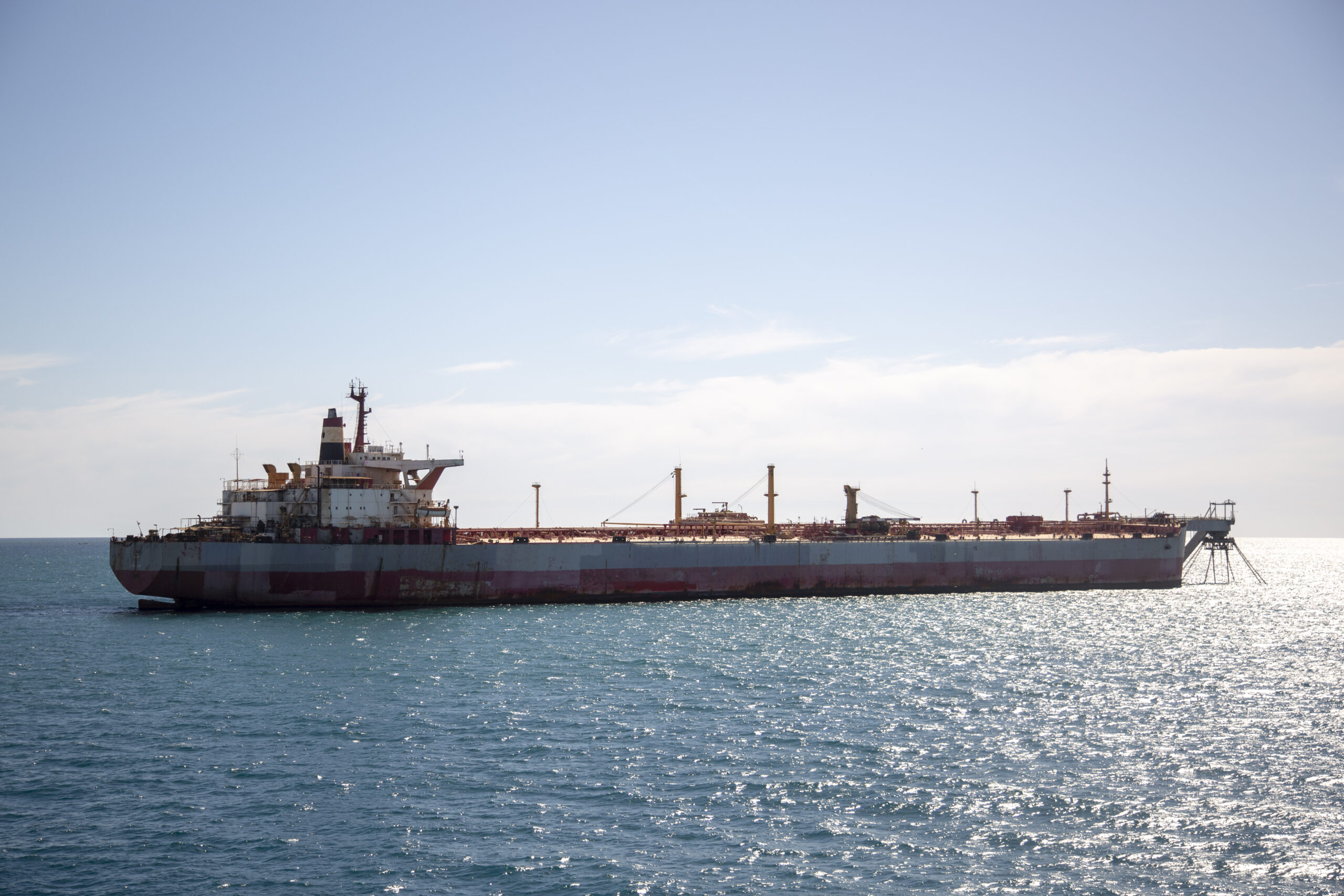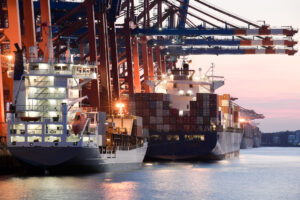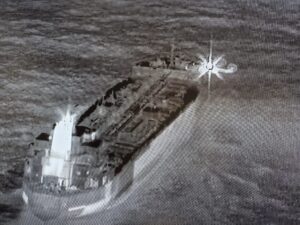The London insurance market was asked to provide insurance coverage for the FSO Safer operation to prevent over a million barrels of oil spilling into the Red Sea.
The United Nations Development Programme (UNDP) has announced today the successful binding of insurance coverage for the FSO Safer in enabling the ship-to-ship transfer operation (STS), which aims to avert one of the world’s largest, man-made disasters in history.
More than 100 individual underwriters have been involved in the issuance of an exceptionally specialised set of policies covering FSO Safer, the STS operation and the replacement vessel. Howden, appointed in open tender as UNDP’s broker, packaged, structured and then syndicated the various risks across thirteen insurers in the Lloyd’s, London and P&I markets.
The Safer is a Floating Storage and Offloading (FSO) facility moored approximately 9 kilometers off the Red Sea coast of Yemen and 50 kilometres northeast of the port of Hodeida. The FSO has not been maintained since 2015 because of the conflict in Yemen, and it has decayed to the point where there is a risk it could explode or break apart, which would have disastrous environmental and humanitarian effects on the region.
The UNDP-led operation, which involves the transfer of the oil to a replacement vessel and the scrapping of FSO Safer at a green salvage yard, is highly complex, and without insurers offering their balance sheets to underwrite the residual financial risk, the mission could not progress.
UNDP Administrator Achim Steiner highlighted the importance of finalizing the insurance policies, both in terms of financially de-risking the operation, and for protecting millions of lives, livelihoods and aquatic species. “We are especially grateful to Howden for facilitating this process with the insurance industry on this critical initiative to ensure that coverage has been secured in the most challenging of contexts,” he said.
Boskalis issued lately an update on the FSO Safer oil transfer operation in Yemen. Boskalis’ multipurpose vessel Ndeavor recently berthed alongside the FSO Safer, after which the SMIT Salvage continued with the inspections of the deck machinery and the structural integrity of the hull.
Inert gas generators were transferred from the Ndeavor onto the Safer.
The level of oxygen and other flammable gases in each of the oil tank compartments must be reduced by pumping inert gas into the compartments before the tanks can be declared safe for the ship-to-ship transfer of the oil. As part of the preparations, the inspection of the manifold on board the FSO has also commenced. In parallel to these activities, a mobile fixed staircase was built to facilitate easy and safe access between the Ndeavor and the Safer.
“Overall, the first phase of the operation including these inspections and preparing the Safer for the ship-to-ship transfer of the oil are progressing well,” as Boskalis reports.



